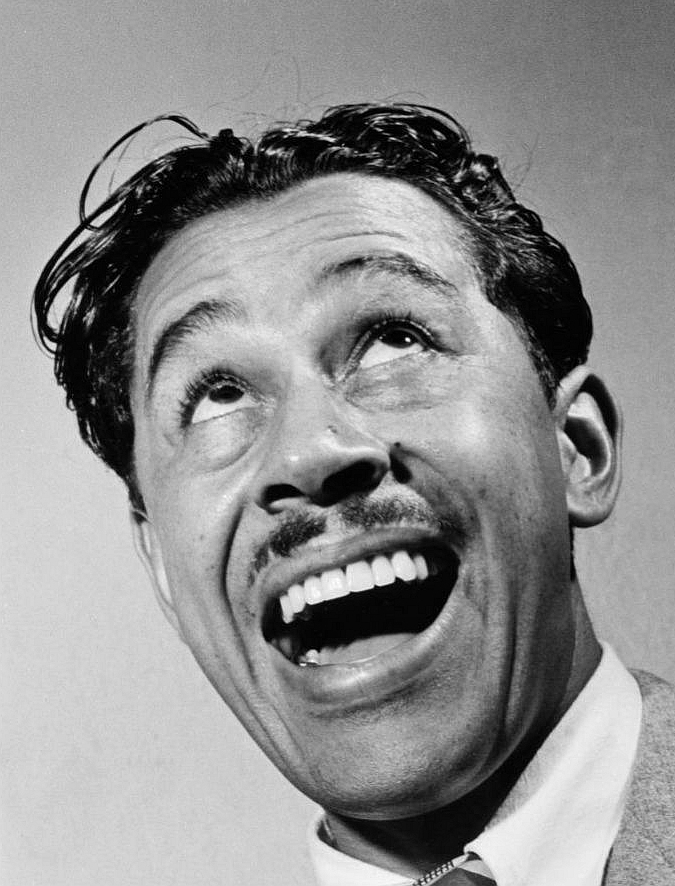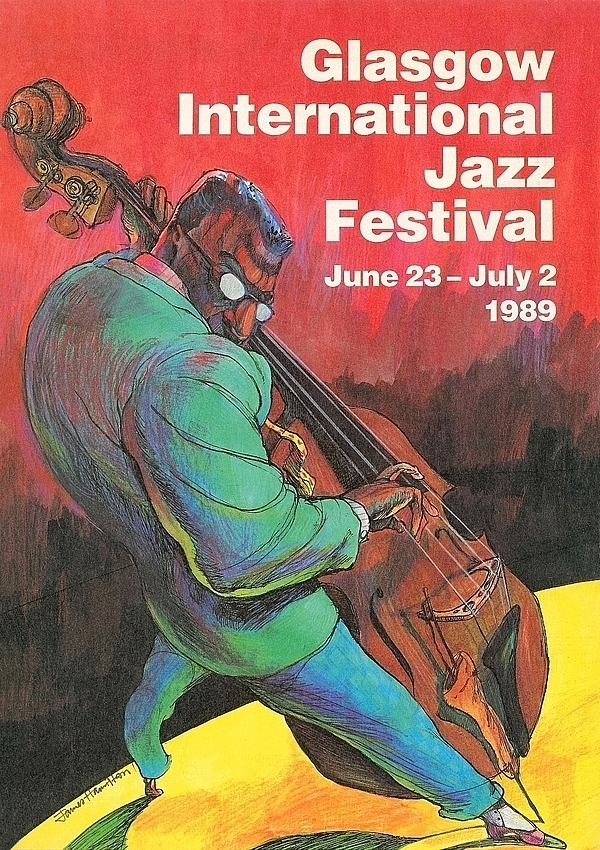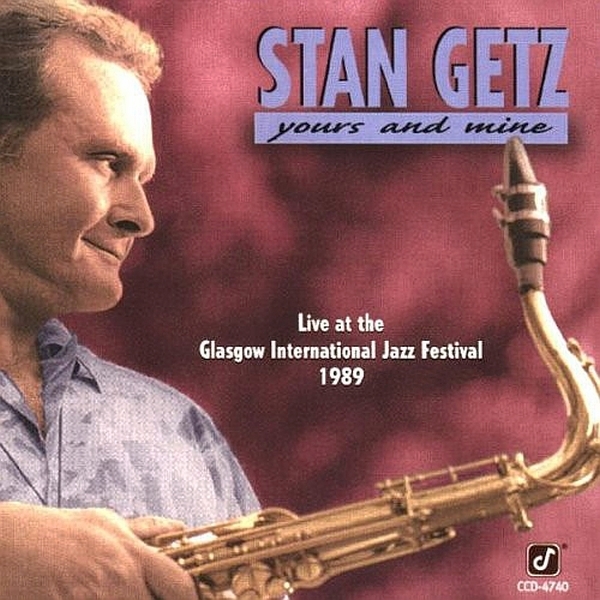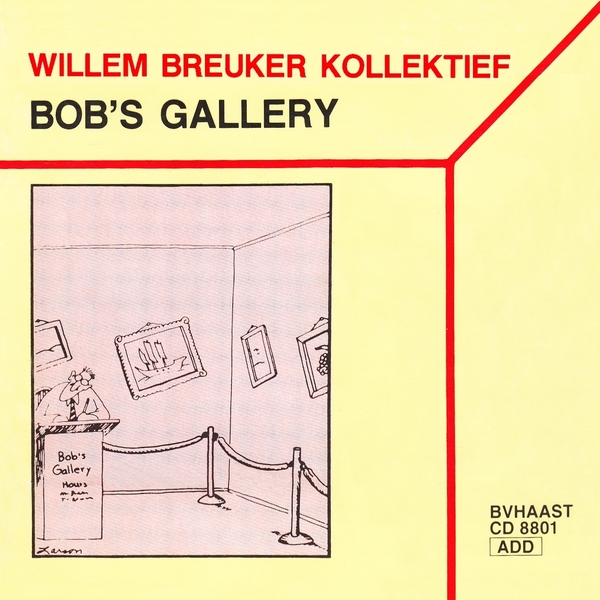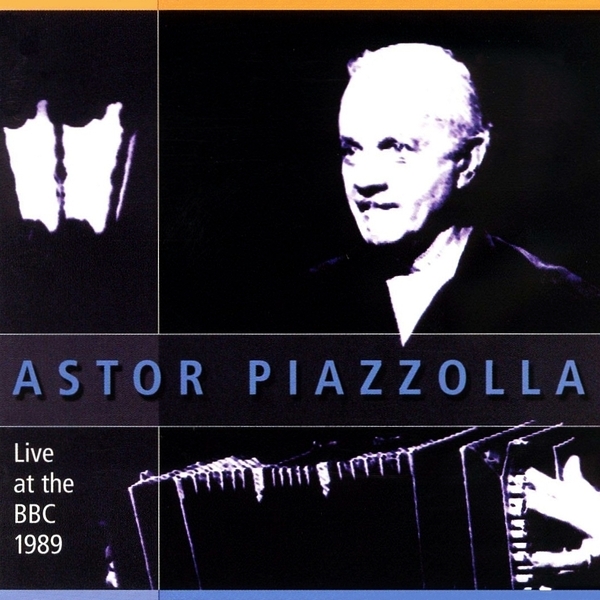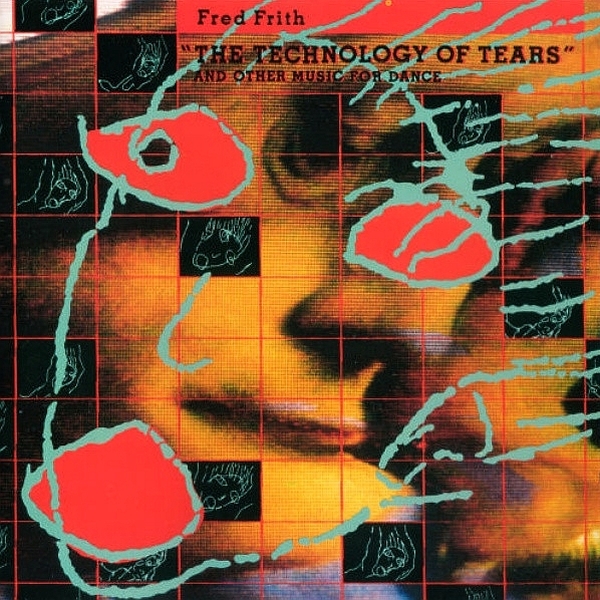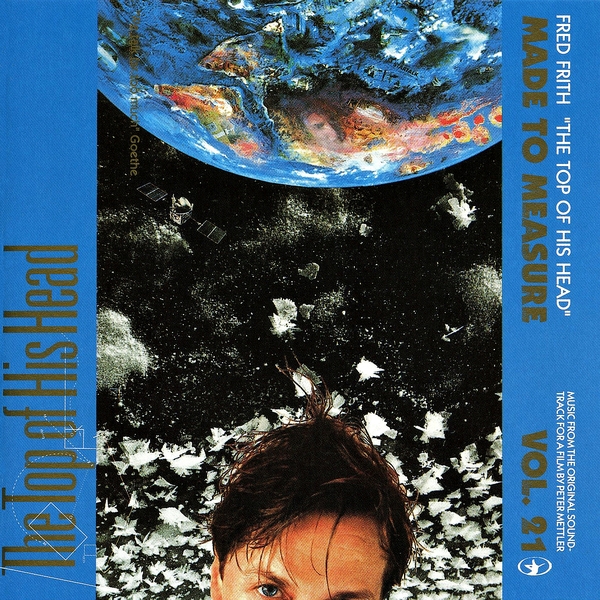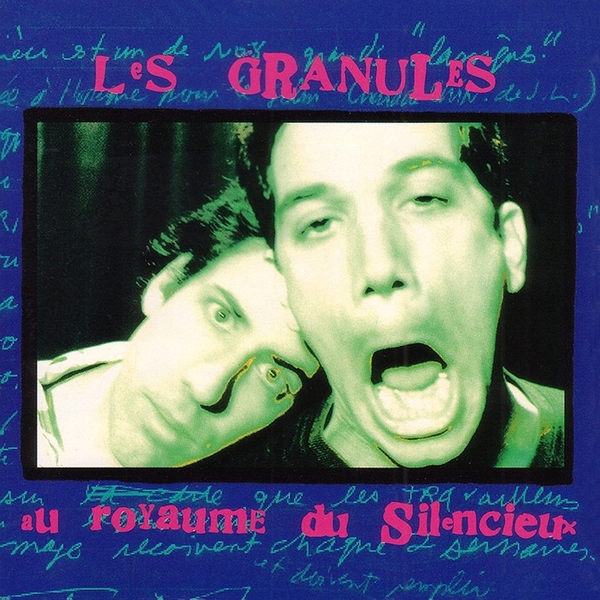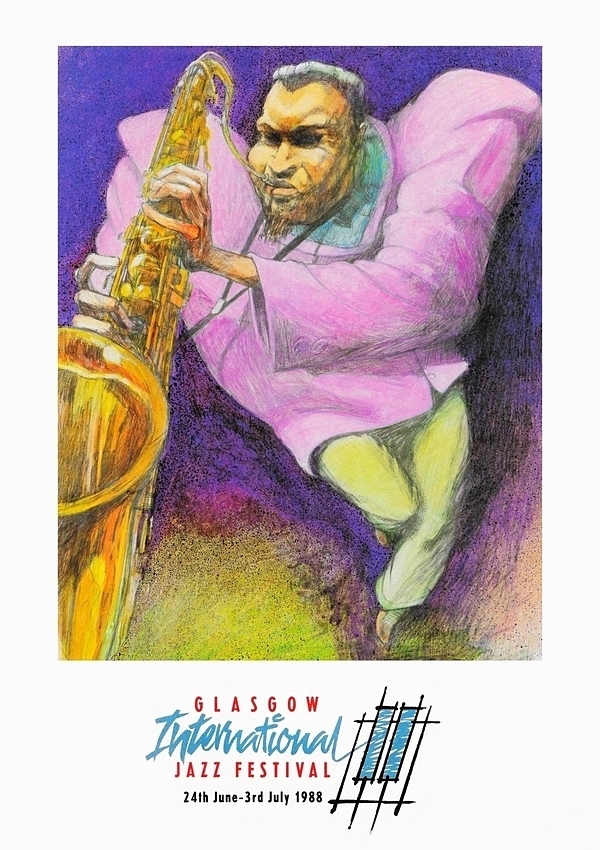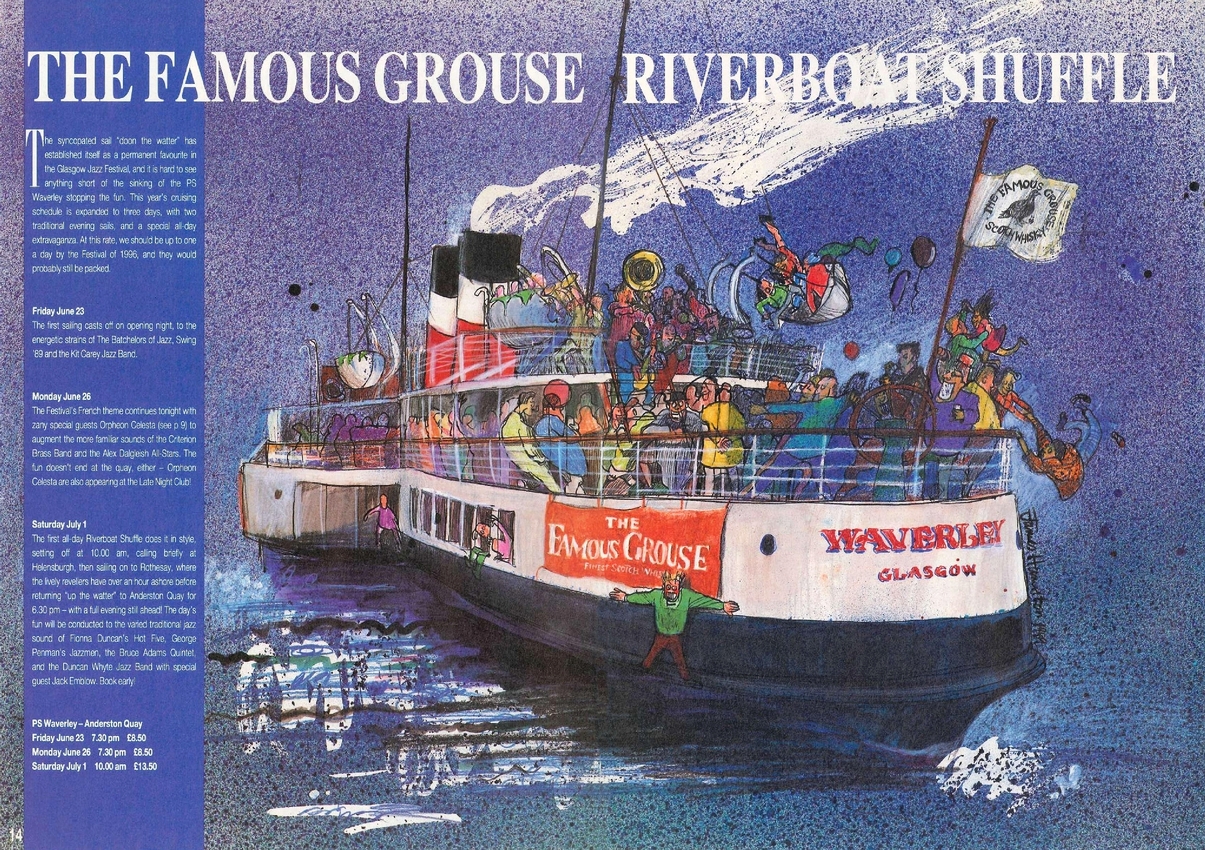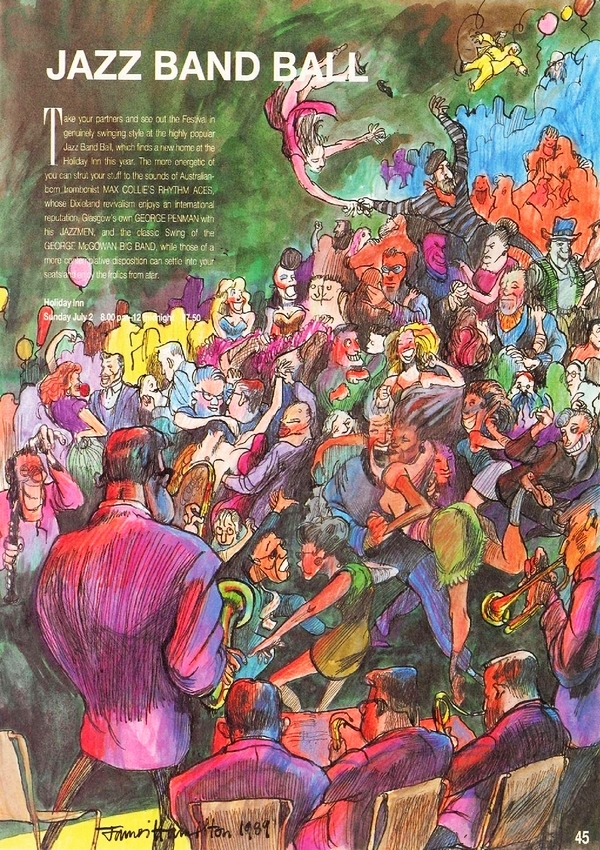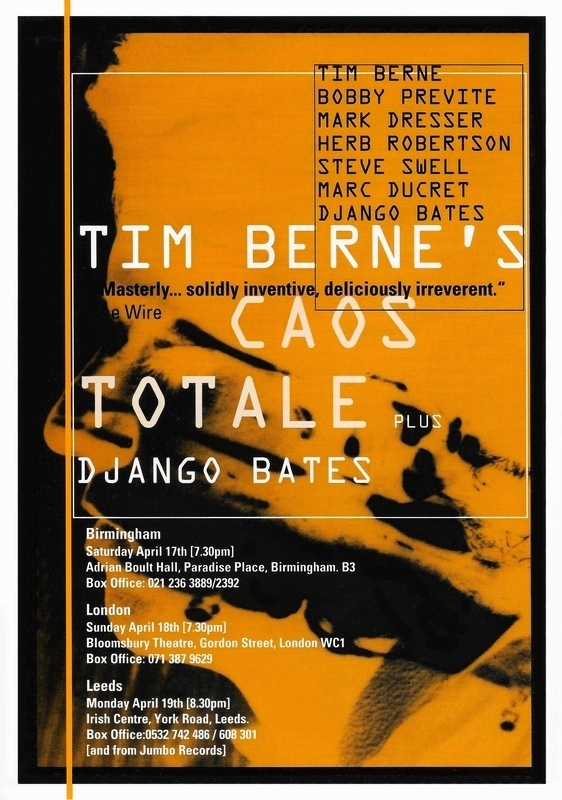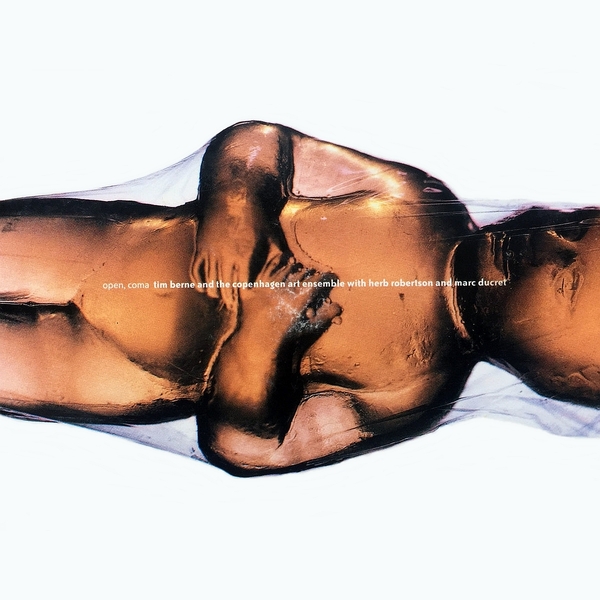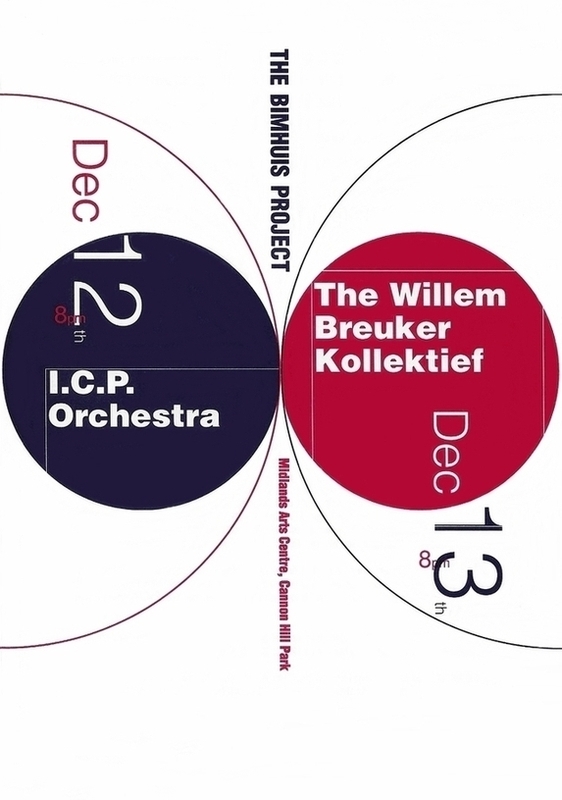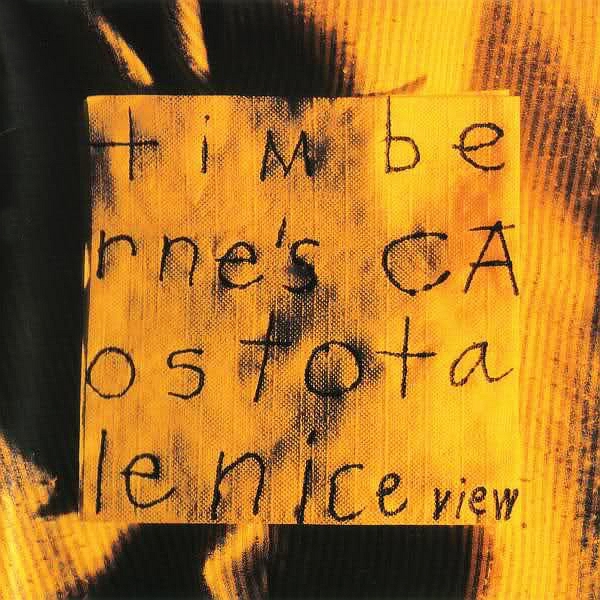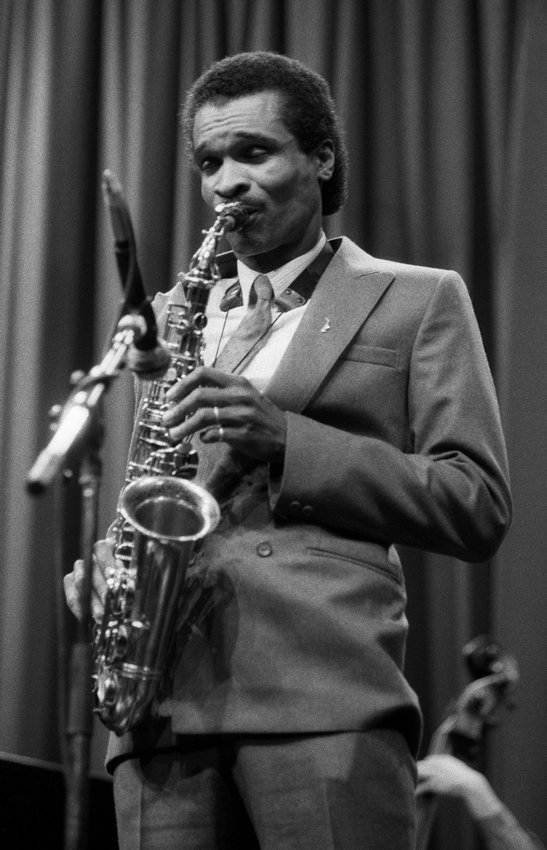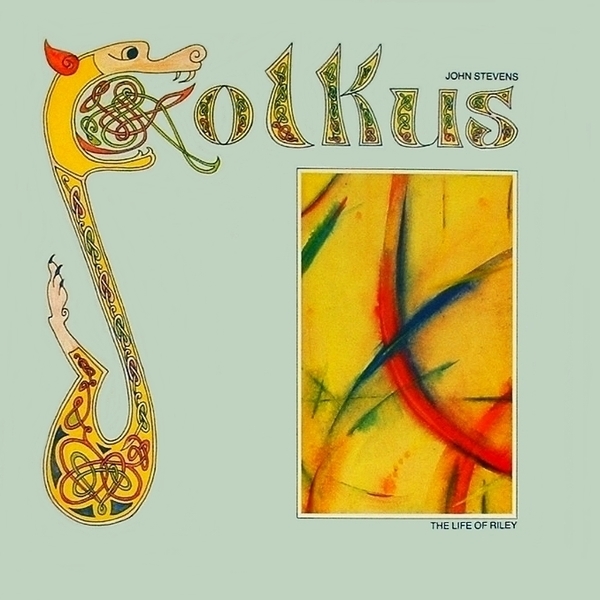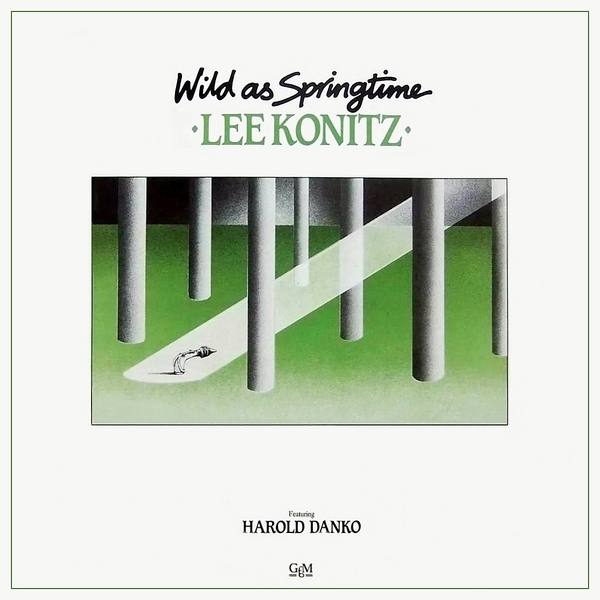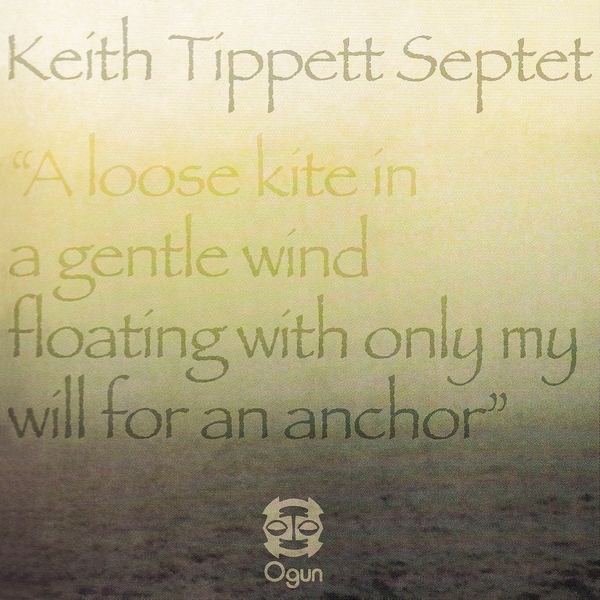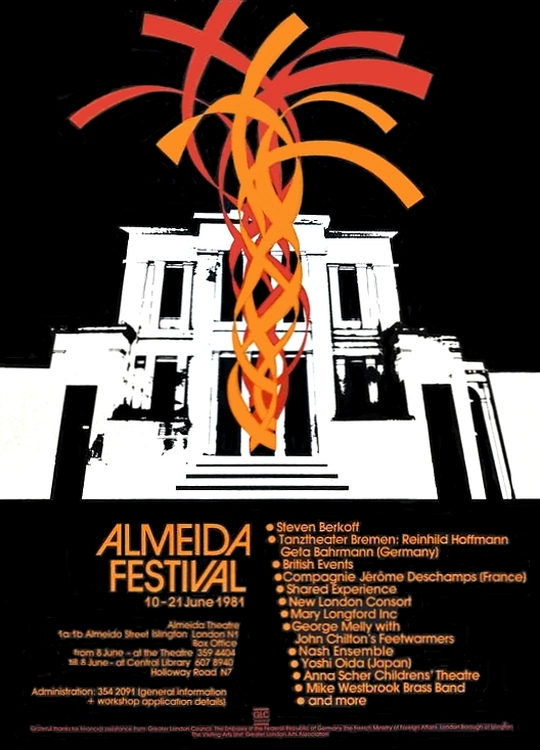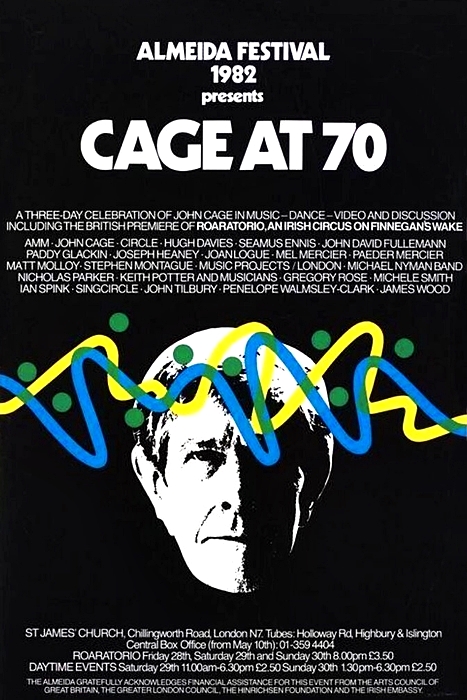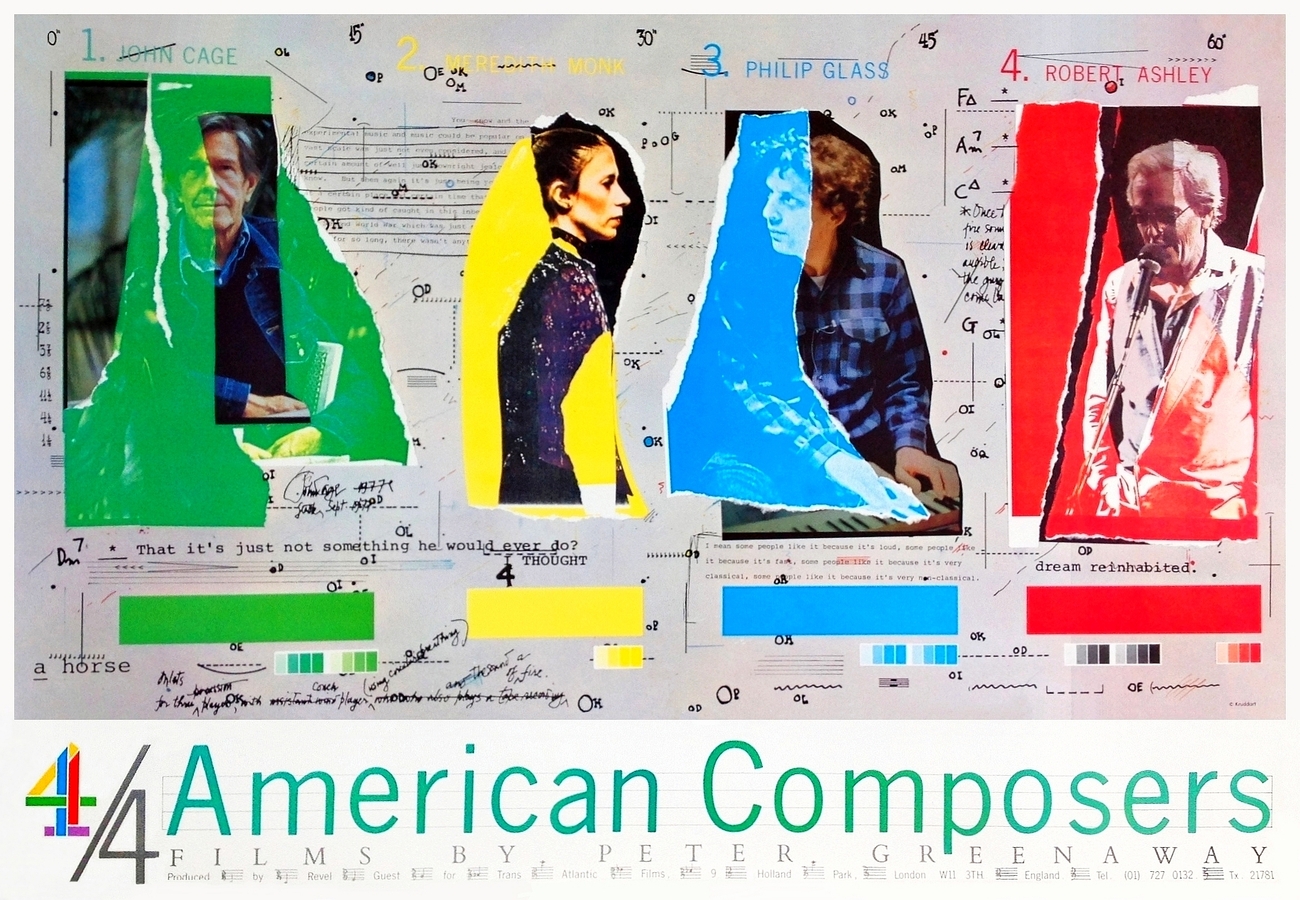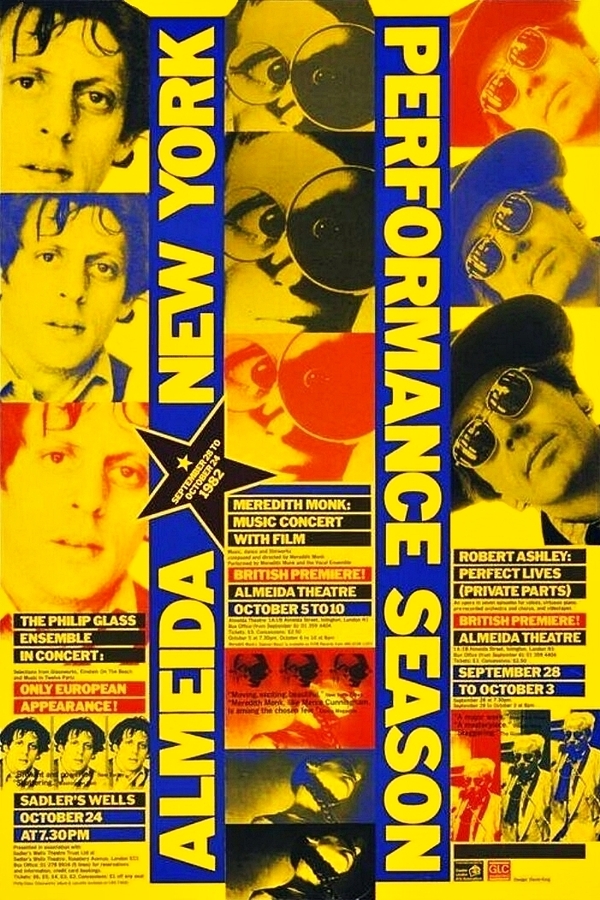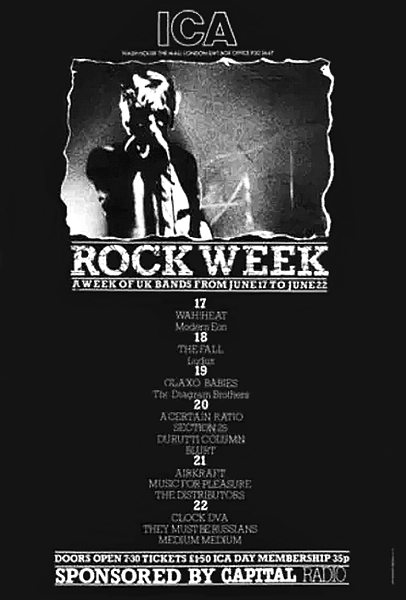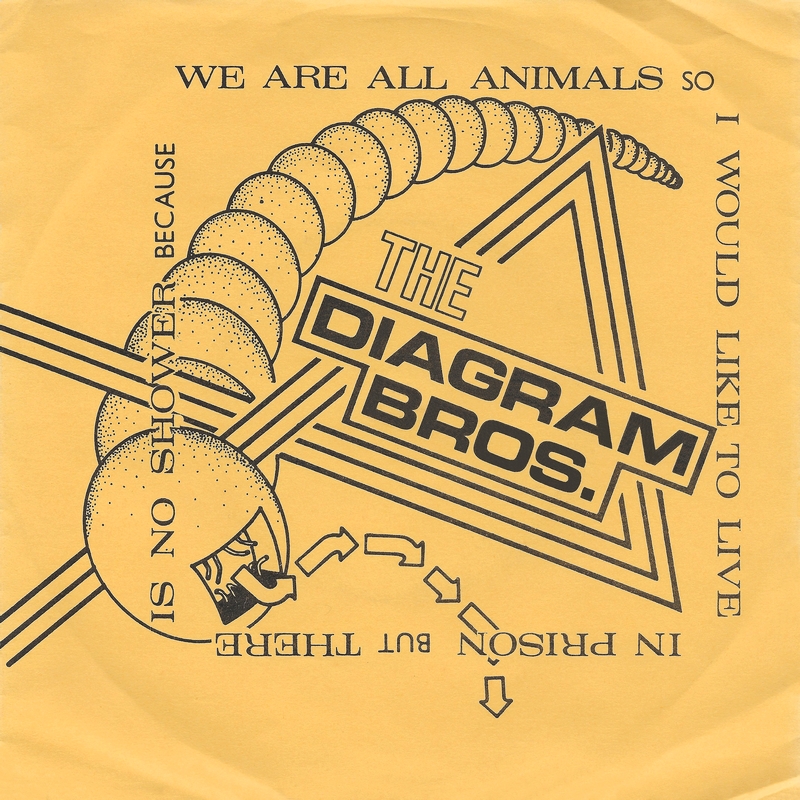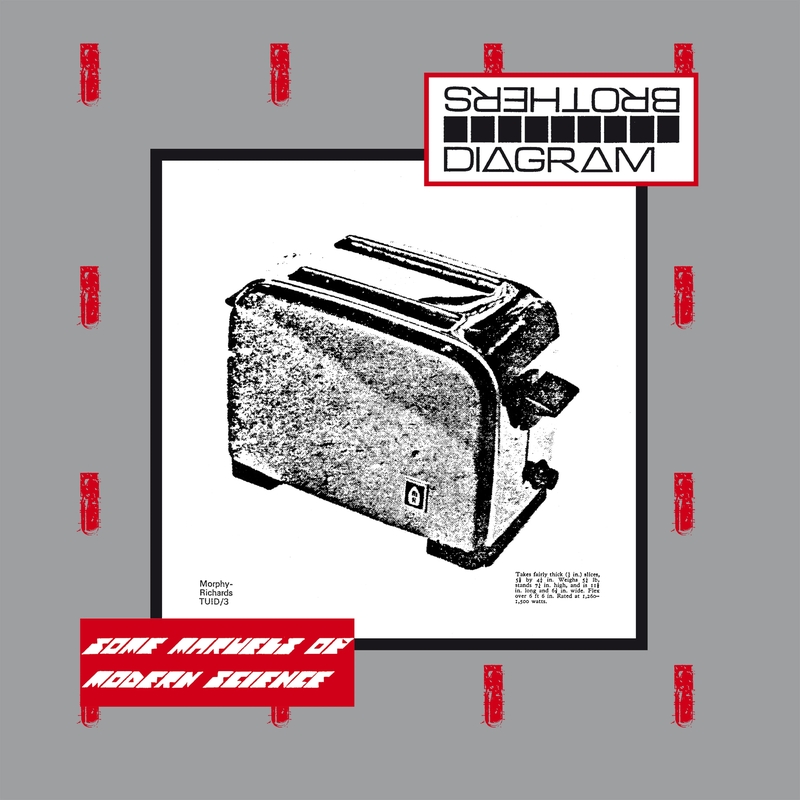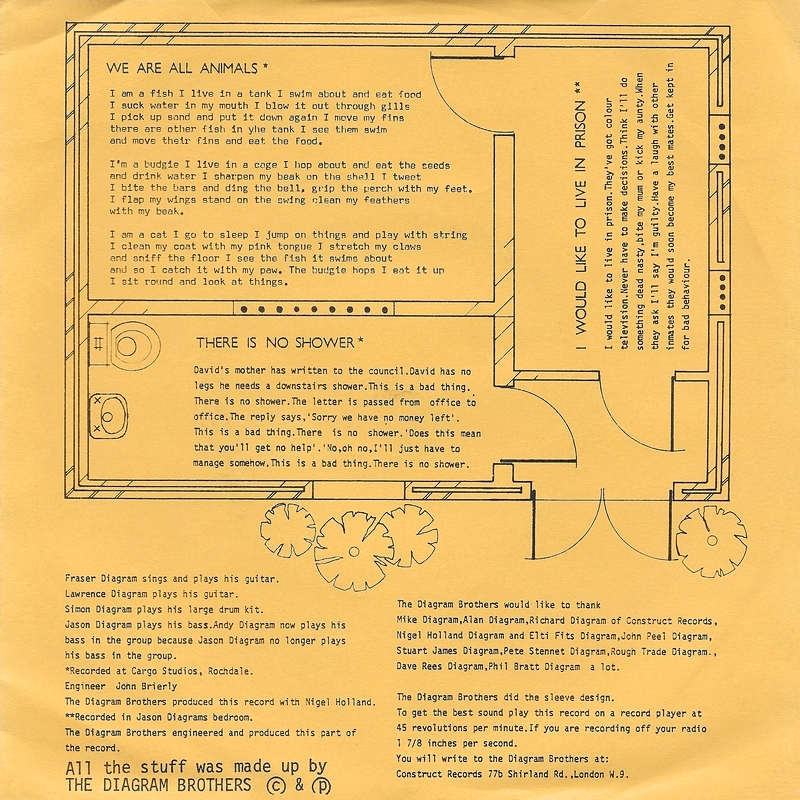Career Highlights
From the late 1970s to the early 1990s, I pursued a fifteen-year professional career in arts management and music promotion in Great Britain, during which time I held a number of senior posts, including Festival Director of the Glasgow International Jazz Festival, Director of Jazz Services, and Administrative Director of the Almeida Theatre and Festival.
Throughout my career, I was responsible for the programming and coordination of a diverse range of arts events, and I promoted numerous concerts and specially commissioned projects featuring (as will become clear below, and by way of a quick summary) Cab Calloway (pictured), Ray Charles, Stan Getz, Gerry Mulligan, Slim Gaillard, Art Blakey, Bobby Watson, Ted Curson, Lee Konitz, Henry Threadgill, John Zorn, Tim Berne, Astor Piazzolla, René Lussier, Jean Derome, the Willem Breuker Kollektief, the ICP Orchestra, Fred Frith, Django Bates, John Surman, Derek Bailey, John Stevens, Keith Tippett, Dudu Pukwana, Chris McGregor’s Brotherhood of Breath, Robert Ashley, Meredith Monk, Philip Glass, and John Cage, among many others.
This page summarizes some of the highlights of my previous career. (For further deep background, see my essay, Old Songs, New Songs: One Scotsman’s Musical Journey.)
John Surman
1989 Composer in Residence
with Karin Krog / John Taylor
Gordon Beck / Stan Tracey
Glasgow Phoenix Choir
Brass Project / Quartet / Solo
Strathclyde Youth
Jazz Orchestra
Directed by Bobby Wishart
Stan Getz Quartet
with Kenny Barron
Astor Piazzolla
and the New Tango Sextet
Cab Calloway
and the Hi-De-Ho Orchestra
George Shearing Duo
with Neil Swainson
Duke Ellington Orchestra
Conducted by Mercer Ellington
Willem Breuker Kollektief
Fred Frith
Keep the Dog / John Zorn
Tenko / Pierre Hébert
René Lussier / Jean Derome
Slim Gaillard
Derek Bailey’s Company
with Alex Ward
Alex McGuire / Steve Noble
People Show No. 94: Farrago
Jacques Loussier Trio
Ronnie Scott Quintet
Orchestre National de Jazz
Directed by Antoine Hervé
featuring Tommy Smith
Chick Lyall / Tore Brunborg Duo
Abdullah Ibrahim
and the Sigma String Ensemble
Steve Williamson Quintet
John Rae Collective
Humphrey Lyttelton
Carol Kidd / Joe Temperley
Josefina Cupido / Steve Lodder
Michael Brecker Quintet
Louis Sclavis Quintet
Andy Sheppard Sextet
Tom Bancroft’s
Orange Ear Ensemble
Glasgow International Jazz Festival
As Festival Director of the Glasgow International Jazz Festival in 1988 and 1989, I was responsible for all artistic planning, programming, fundraising, and policy development, including an extensive series of new commissions and special projects. The Festival program was broad and inclusive, as the sidebar listings make clear, and, in particular, the 1989 Festival reflects the wide-ranging, eclectic approach that I brought to this major international event – it remains one of my proudest professional accomplishments. (Click on the image at the left to see the full 1989 Festival Brochure).
My time in Glasgow included more musical highlights than I can count, but a few from the 1989 Festival deserve particular mention:
Stan Getz Quartet – This was a very special one, with Getz leading a stellar quartet that featured Kenny Barron, Ray Drummond, and Ben Riley, in Glasgow’s swanky Theatre Royal. The concert was recorded by the BBC and subsequently issued on two CDs on the Concord label: Yours and Mine and Soul Eyes. Although Getz’s notoriously spiky reputation preceded him, he was in relaxed mode for this brief visit, and I am happy to report that our interactions were unremittingly pleasant.
Astor Piazzolla and the New Tango Sextet – Another spellbinding concert, this time at the Tramway, with the charismatic Piazzolla making only his second UK appearance, following his London debut in 1985 at the Almeida Theatre. The music-making by this latest version of Piazzolla’s celebrated sextet was extraordinary and, thankfully, less than two weeks after the Glasgow concert, the group was captured on film by the BBC for the television program, Astor Piazzolla: Tango Nuevo, and the session was released on CD as Live at the BBC 1989.
Willem Breuker Kollektief – The entry in the festival brochure for the Jazz Picnic began: “Without wishing to tempt fate too much, the Glasgow International Jazz Festival is staging its own version of Jazz on a Summer’s Day in the wide open spaces of Kelvingrove Park.” Fate was, of course, duly tempted, and the Kollektief – in their inimitable, unforgettable fashion – headlined the Jazz Picnic on a dreich afternoon with its fair share of torrential downpours. But the heavy rain was not enough to dissuade a large number of my hardy fellow Scots from reinforcing our collective cultural stereotype, heedlessly braving the elements to enjoy, in the monetary sense, some free jazz.
Fred Frith Project – This major commissioned project included the debut of Fred‘s new band Keep the Dog, featuring René Lussier, Jean Derome, Zeena Parkins, Bob Ostertag, and Kevin Norton, with special guest John Zorn. Fred also played in a series of duo concerts, with Zorn, Lussier, Tenko, and Tim Hodgkinson, as well as engaging in a unique improvised animation collaboration with Quebecois filmmaker Pierre Hébert. As part of the project, I asked the Glasgow Film Theatre to host screenings of the work of Hébert, the Scottish-Canadian animator and filmmaker Norman McLaren (one of Pierre’s early influences), and the UK premiere of The Top of His Head, the debut feature film by Canadian filmmaker Peter Mettler, with a soundtrack by Fred.
Les Granules, the Montreal-based duo of Lussier and Derome, played a memorable concert on Canada Day, although the potentially fractious Quebecois politics involved in what I initially thought was a major programming coup (“Canadians! Here! On Canada Day!”) had flown way over my naïve Scottish head (as René discovered to his amusement in one of our early telephone calls). Embracing the concept, however, the duo’s performance involved a fake campfire, a hefty chainsaw, an ample woodpile, and blown-up reproductions of the images of Her Majesty Queen Elizabeth II and the Beaver from the Canadian nickel, with René and Jean in character as stereotypical Canadian hosers, resplendent in plaid flannel shirts and furry woodsman caps. The Canadian High Commission hosted a delightful post-concert reception, and I’m told that the event brought harmony and understanding to Canada-Quebec relations for many years to come.
Gerry Mulligan
1988 Composer in Residence
with Bob Brookmeyer
Quartet with Bill Charlap
American Concert Jazz Band
with Gerry Niewood
Strathclyde Youth
Jazz Orchestra
Directed by Bobby Wishart
Ray Charles and His Orchestra
with The Raelettes
Oscar Peterson Trio
with David Young / Martin Drew
Milton Nascimento
Art Blakey’s Jazz Messengers
with Javon Jackson / Benny Green
John McLaughlin Trio
with Jeff Berlin / Trilok Gurtu
McCoy Tyner / Elvin Jones Duo
Tommy Smith Quartet
with Mick Goodrick / Eddie Gomez
Jack DeJohnette
Lol Coxhill
Phil Minton / Roger Turner
Keith Tippett / Trevor Watts
Elton Dean / Marcio Mattos
Louis Moholo
Benat Achiary
Ulrich Gumpert / David Holmes
Chick Lyall
Maggie Nichols / Julie Tippetts
Sylvia Hallett / Sue Ferrar
Chris Barber’s
Jazz & Blues Band
Carol Kidd
and The Brass Section
Bill Kyle’s Atlantic Bridge
with Steve Slagle / Joe Locke
Martin Taylor & Friends
with Stephane Grappelli
Tommy Smith / Carol Kidd
Itchy Fingers
Saxophone Quartet
with Martin Speake / Mike Mower
The Jiving Lindy Hoppers
Young Tuxedo Brass Band
with Gregg Stafford
Barry Martyn’s
Young Men of New Orleans
Thanks to Jim Hamilton for the great images for the 1988 and 1989 Festivals – still groovy after all these years.
And thanks, too, to Roger Spence of Platform (later Assembly) for programming input on the 1988 Festival.
Birmingham Jazz / MAC
During my time in Birmingham in the early 1990s, I worked as Centre Manager at MAC (Midlands Arts Centre), one of Britain’s major art centres, with an extensive programme of theatre, music, dance, cinema, exhibitions, and education courses. I also completed a Master’s degree in Communications at the University of Wolverhampton, and served on the board of Birmingham Jazz, under the inspired leadership of the (still) indefatigable Tony Dudley-Evans. Working alongside Tony and our fellow board members, I was involved in coordinating a number of specially commissioned projects:
Tim Berne’s Caos Totale – This outstanding project included the commissioning of a new work from Tim Berne for his group Caos Totale with special guest Django Bates. The group performed in London, Leeds, and Birmingham (click here to see the programme), and the new piece, Impacted Wisdom, was recorded on the Caos Totale album Nice View (1994). Confirming that commissions can have a life beyond their premiere performance, Tim subsequently re-recorded Impacted Wisdom, with Herb Robertson, Marc Ducret and the Copenhagen Art Ensemble, on Open, Coma (2001)
The Bimhuis Project – A weekend series at MAC celebrating Amsterdam’s famous jazz club, the Bimhuis, and presenting the cream of the remarkable Dutch jazz scene, including the ICP Orchestra, the Willem Breuker Kollektief, and Two Penguins in the Desert
The Twin Cities Octet – Led by Giorgio Gaslini, and including Enrico Rava and the Argüelles brothers, this unique project involved two players from each of the twin cities of Milan, Frankfurt, Lyon and Birmingham, playing a new commissioned work by Gaslini
The Arturo Sandoval/Como No Project – A week-long residency and a gig at Ronnie Scott’s, with Cuban trumpeter Arturo Sandoval and Birmingham-based salsa band Como No
The Brit Pack – A celebration at MAC of the new generation in British jazz, featuring Django Bates‘ big band, Delightful Precipice, and the quartets of Julian Joseph and Dave O’Higgins
Jazz Weekend – A fun project at MAC, involving the outrageous Billy Jenkins, Jan Kopinski’s in-your-face Pinski Zoo, and Birmingham/Jamaican jazz legend Andy Hamilton, MBE
Birmingham Jazz Concert Series 1991-93 – The regular concert series in this period featured some extraordinary programming – click here to see a range of flyers and a list of artists and groups
Jazz Services
As the first Director of Jazz Services, the London-based jazz advocacy organization, I was responsible for the programming and coordination of a national jazz touring program and the development of education and information policies. In the period 1983-1985, alongside touring projects with Paul Rogers’ 7rpm, Dave Bitelli’s Onward International, Digby Fairweather’s Tribute to Nat Gonella, Chucho Merchan’s Macondo, the Pete King Quintet, and the Stan Tracey Octet, highlights included:
Bobby Watson – The American alto saxophonist, composer, and former Art Blakey Jazz Messenger (pictured) toured for two weeks with the specially formed Young Lions Quartet, which featured trumpeter Guy Barker, pianist Nick Weldon, bassist Andy Cleyndert, and drummer Mark Taylor. Renewing our old association, I interviewed Bobby in 2019 for my book, Rhythm Changes: Jazz, Culture, Discourse
John Stevens Folkus – Drawing inspiration from, you guessed it, folk music, this highly distinctive but sadly neglected ten-piece band included Simon Picard, Paul Rutherford, and Annie Whitehead, and recorded the (still unavailable) album, The Life of Riley
Dudu Pukwana’s Zila – Featuring the South African vocalist Pinise Saul, drummer Churchill Jolobe, and percussionist Thebe Lipere, Dudu’s typically boisterous band also included a twenty-three-year-old Django Bates on piano
Keith Tippett Septet – Inspired by the work of Maya Angelou and commissioned by South West Jazz, the Exeter date on this unique and rarely-heard Tippett touring project was recorded by the BBC and released on Ogun Records
Chris McGregor’s Brotherhood of Breath – This new, sixteen-piece version of McGregor’s celebrated big band, famous for its dynamic, anarchic energy, featured a stellar lineup, including George Lee, Chris Biscoe, Harry Beckett, and Brian Abrahams
Lee Konitz/Harold Danko Duo – The legendary alto saxophonist toured with one of his finest piano partners, and shortly after the tour the duo recorded the critically-acclaimed album Wild as Springtime for Glasgow-based GFM Records
Ted Curson – The American trumpeter, famous for his work with Charles Mingus and Eric Dolphy, was featured as a guest soloist with the hard-driving Don Weller/Bryan Spring Quartet on a fifteen-date national tour which included the Camden Jazz Festival
Henry Threadgill Sextet – A pair of dates, at London’s 100 Club and Birmingham’s Strathallan Hotel, on a short UK stopover for Henry’s seven-piece Sextet. (And it gives me great pleasure to observe that the piece entitled ‘Spotted Dick Is Pudding’, which appeared on the Sextet album Easily Slip Into Another World, takes its name from the response I offered to a question posed to me by Henry at the band dinner after the Birmingham gig.)
Almeida Theatre and Festival
Having completed a one-year program in Arts Administration at City University, I joined the Almeida as Administrative Director in 1981, during a particularly stimulating period in the early stages of this ambitious project, making significant input to the development of artistic policy and administrative practice. Based in North London, the Almeida occupies a unique building, built in 1837 as the home of the Islington Literary and Scientific Society, before becoming a Salvation Army Citadel, a factory and showroom for Beck’s British Carnival Novelties, and then sitting derelict for two decades.
The renovated building was reopened in 1980, as home to the Almeida Theatre and Festival with a renowned multi-disciplinary arts program. The absolute highlight of my time at the Almeida was undoubtedly Cage at 70, a weekend-long celebration of the work of American composer John Cage (click here to see the flyer). Hearing John Tilbury playing Cage’s Sonatas and Interludes for Prepared Piano (and watching him spend several hours preparing the piano) was a memorable experience, as was the British premiere of Cage’s remarkable work, Roaratorio, an Irish Circus on Finnegans Wake, performed as an immersive, ambulatory experience in Islington’s converted St. James Church. The piece involved Cage (reading mesostics from Joyce’s text), six Irish traditional musicians (including Joe Heaney, Seamus Ennis, and members of The Chieftains), and a 62-track tape collage of field recordings from locations mentioned in the book, all relayed through an elaborate overhead loudspeaker system. After the final performance, the musicians (and much of the audience), retired to the Victoria Tavern on the corner of Holloway Road for a jam session, and one of my cherished memories of the event is chatting with Cage in this loud, rowdy, crowded pub, next to a large slot machine.
The Cage at 70 festival was one of four major Almeida events filmed by Channel 4, as part of a series, 4 American Composers, directed by Peter Greenaway, which also featured Robert Ashley, Meredith Monk, and Philip Glass, all of whom performed as part of the Almeida New York Performance Season in 1982. (The four films, all highly recommended, are available for viewing on UbuWeb – follow the individual links.)
ICA - Institute of Contemporary Arts
As a Box Office Assistant throughout 1980 (my first ‘real’ job in the arts), I was in a position to enjoy the ICA’s eclectic program of cutting edge visual arts, cinema, theatre and music, with one of the highlights being composer and pianist John White spending a delightful afternoon playing selections from his vast catalogue of miniature Piano Sonatas – now standing at 180!
But the late 1970s and early 1980s in London was also an amazing time for the punk and post-punk scenes, and, courtesy of freelance music programmer Mike Hinc, the ICA instituted a series of Rock Weeks that captured the vibrant, exploratory spirit of the time. The extensive list of bands involved in Mike’s ahead-of-the-wave programming now reads like a Who’s Who of the period, including The Fall, A Certain Ratio, Durutti Column, Blurt, Clock DVA, The Au Pairs, Toyah, Thompson Twins, Local Heroes SW9, Delta 5, The Raincoats, The Nightingales, This Heat, Cabaret Voltaire, The Soft Boys, Basement 5, Josef K, and Orange Juice. A personal highlight was the appearance by The Associates, one of the most remarkable bands on the scene, featuring the operatic vocals of Billy Mackenzie and the orchestral guitar playing of Alan Rankine, although it was an earlier gig at the Hope & Anchor in Islington that remains among my all-time top live experiences.
The first Rock Week also featured the Manchester-based Diagram Brothers, and in classic post-punk DIY fashion Mike formed his own label, Construct Records, to release the band’s first single, We Are All Animals, in October 1980. Sharing Mike’s enthusiasm for the band, I became an honorary Diagram Brother for a while, handling all the distribution for the single, ensuring it got to small-scale record shops around the country – and I remain inordinately proud of my nice “Alan Diagram” credit on the record sleeve! With John Peel as one of the band’s admirers, the single was a modest success, and made a reasonable dent in the independent charts. The Diagram Brothers went on to record Some Marvels of Modern Science for the New Hormones label, and this album, with all the early singles as bonus tracks, was reissued on LTM Recordings in 2007.
“An uneasy funk, in which two guitars appear to throttle each other.”
Smash Hits (1981)
“Their music is like a spindly long-legged insect out of control, gyrating funk propelled by intense, angular rhythm.”
Mick Wall, Sounds (1980)
“Not easy to dance to. I tried and twisted my ankle, because the music kind of stops and starts.”
The Leveller (1981)
The Small Print:
This website has been optimized for viewing on desktop/laptop computers and tablets (landscape) running Chrome, Edge, Firefox, or Safari.
(Internet Explorer is no longer a thing. The phone viewing experience is, in a pinch, acceptable, if far from ideal.)
Created on WordPress; theme by GeneratePress; built with Elementor; hosted by easyDNS.
© Alan Stanbridge 2024
